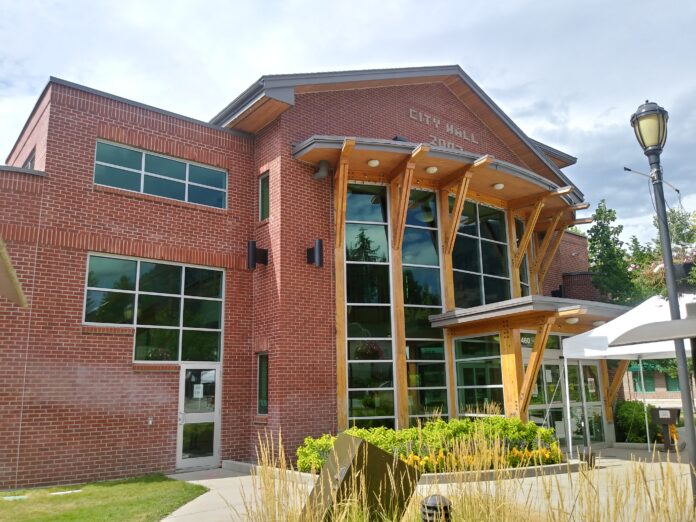Castlegar households will pay about $18 more for water and $24 more for sewer services in 2024. City council approved the increases this week.
Chief financial officer Ola Oladele recommended a 4.3 per cent increase in water, noting the city’s reserve is “pretty healthy” at $4.2 million while the city plans to spend just under $1 million on capital improvements.
The rate for the average home will rise from $417.80 to $435.77, a difference of $17.97. Commercial rates will go from $1,188.53 to $1,239.64, a difference of $51.11.
On the sewer side, rates will go up 6.3 per cent as Oladele noted the sewer reserves have been “depleted considerably,” thanks in part to a biosolids project at the south sewage treatment plant, leaving them in a weaker position than the water utility. About $700,000 is left in the reserve, Oladele said, and more projects are on the books, but some may have to be delayed.
Oladele said he could have recommended an increase of 10 to 15 per cent in sewer rates, but believes it can be spread out over the next few years.
The average home will seen an increase from $378.26 to $402.08, a difference of $23.83. Commercial rates rise from $1,093.44 to $1,162.33, a difference of $68.89.
Councillor Brian Bogle said it makes sense to continue modest annual increases rather than minimal ones followed by huge jumps.
“I think we should continue this,” he said. “A practice of smaller rate increases rather than hitting everybody up all at once is the way to go. It is incumbent on council to be responsible that way.”
The rate increases incorporate something called the municipal price index, which builds in the cost of construction so the city doesn’t fall behind in setting aside money for reserves and capital improvements.
Robin Gagne of consultant Urban Systems told council this is the third year the city has used the tool, which measures and forecasts inflation to maintain purchasing power. It’s similar to the consumer price index, except CPI doesn’t factor in capital construction.
Gagne said this year’s municipal price index is 4.9 per cent, driven largely by wages, but it’s lower than the predicted 5.56 per cent. It’s also projected to fall to four per cent in 2024 and 3.4 per cent in 2025.






